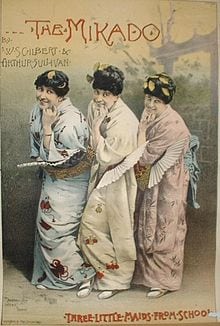[Moderate Christians] “want to say that homosexual acts are, without a doubt, in a certain sense, sinful, certainly, which is a conclusion we must come to if we are to wrestle authentically with the text. We wish we could say differently—oh, how we wish—but, for the time being, our hermeneutic and our donor base, but …
How God Addresses Us
“Jesus Christ is our federal representative and head, which means that He is the appointed face of the new human race, the appointed face of the new humanity. And when God wants to communicate with that new human race, He addresses us to our face” (Same Sex Mirage, pp. 15-16).
When Liberty Gets Leprosy: The Libertarian Lure
Introduction Since we are in between elections, and because public feelings are not running high at just this moment, I thought it would be safe to take a moment to discuss the libertarian temptation. And so let us begin by defining terms. I am a conservative, not a libertarian, but there is quite a bit …
Turned Into, Turned On By
“We become like what we worship. If we worship Change, we will come to insist on our right to be turned into anything, and to be turned on by anything. If we worship God and God only, we will gladly accept His sexual assignments. If He decided to make you a boy, since He is …
Letters on the Lock and Key Business. And More.
Inappropriate Appropriation: In your article titled “Appropriate This” you ask the question: “What do you call it when you have an acute case of vicarious embarrassment for someone who ought to be embarrassed about what they are doing, but somehow inexplicably is not?” I could not help but smile and recall a number of years …
Not Exactly
“Any woman who objects to showering with a dude who currently self-identifies as a woman is probably a woman who has a deep problem with Pharisaism” (Same Sex Mirage, pp. 11).
Appropriate This
So let me explain it to you once again, one more time. If a white girl wears a Chinese dress to the prom, she is guilty of “appropriation.” If another girl wears hoop earrings, she is also guilty of “appropriation,” but now in a different direction. If a fraternity hosts a Mexican dinner and the …
No Fundamental Divide
“The seed of the serpent insists that everything that is here morphed out of something else that was already here, and somehow, in some way, everything that is used to be something else. There was no ultimate beginning. All is One. This worldview exalts evolution of necessity; the whole thing is necessarily a protean, shape-shifting, …
Defrauding a Brother
I don’t have a great deal to say about this next chapter—on Christ as our Elder Brother—because most of it is very good. The mistake that Aimee Byrd is making is the same one again. She says a number of valuable things about the biblical relationship of brothers and sisters, some of them even glorious …
Which Is Something, I Suppose






